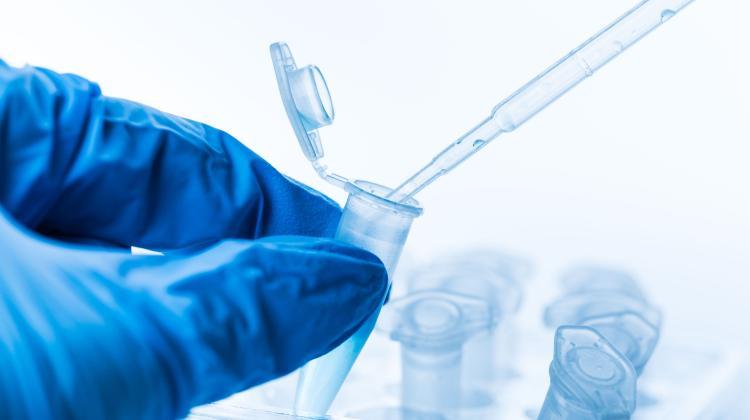Increasing risk antimicrobial drug resistance to COVID-19 evolving, warns scientists
 Credit: Fotolia
Credit: Fotolia
COVID-19 therapy is increasingly dependent on drug treatment as the risk of accelerating the evolution and spread of resistance to antimicrobial drugs is increasing, researchers say.
Writing in the scientific journal The Lancedt Microbe, Dr. Paweł Łabaj from the Małopolska Centre of Biotechnology at the Jagiellonian University joined a list of international experts that antimicrobial resistance to the coronavirus is one of the greatest challenges of modern medicine.
The authors cite research indicating colonisation patterns of microbes during extended periods in hospitals and the diversity of antimicrobial resistance gene reservoirs, saying that is what could contribute to the emergence and transmission of new modes of antibiotic resistance.
Noting the decreased immunity of COVID-19 and post-COVID-19 patients, researchers anticipate that the use of antiparasite, antiviral, antibacterial, and anti-inflammatory drugs for preventing secondary infections in patients with COVID-19 during a prolonged pandemic will inevitably lead to aggravation of antimicrobial resistance
They also emphasise that the SARS-CoV-2 virus mutates, and its mutations may be responsible for the recurrent waves of the pandemic.
Researchers noted that imperfect drug penetration in patients with COVID-19 might lead to rapid evolution of multidrug resistance. An additional threat, in the opinion of researchers, are papers published without extensive peer-review and their recommendations by WHO and the centres for disease control and prevention across the world without evaluations.
The article 'COVID-19 drug practices risk antimicrobial resistance evolution' is available here.
PAP - Science in Poland, Beata Kołodziej
bko/ joz/ kap/
tr. RL
Przed dodaniem komentarza prosimy o zapoznanie z Regulaminem forum serwisu Nauka w Polsce.















